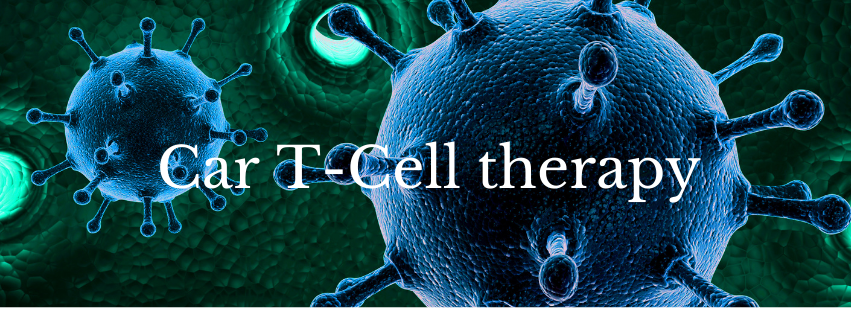April 2022: Normally, the cell manufacturing procedure for CAR T-cell therapy takes nine to fourteen days; however, researchers at the University of Pennsylvania were able to create functional CAR T cells with enhanced anti-tumour effectiveness in just 24 hours using a new technique.
A new type of immunotherapy called autologous CAR T-cell therapies uses a patient’s own immune T cells, changes them outside of the body by adding a CAR gene that makes them express receptors that better target cancer cells, and then puts them back into the patient. These treatments, on the other hand, are notorious for their long manufacturing times, which can interfere with the cell’s capacity to replicate and therefore reduce therapy potency, not to mention cause seriously ill patients to deteriorate while waiting for treatment. As a result, autologous cell treatment manufacturers have placed a high priority on reducing the time between blood extraction and modified cell re-infusion, also known as vein-to-vein time.

The pre-clinical study published in Nature Biomedical Engineering showed that the amount of time, materials, and labour required to produce CAR T cells might be drastically decreased. According to the researchers, this could be especially advantageous in individuals with quickly progressing diseases and in hospital settings with limited resources.
“While traditional manufacturing approaches for creating CAR T cells that take several days to weeks continue to work for patients with ‘liquid’ cancers like leukaemia, there is still a significant need to reduce the time and cost of producing these complex therapies,” said Dr. Michael Milone, an associate professor of pathology and laboratory medicine and one of the study’s co-leaders. The manufacturing method reported in this study is a testament to the potential to innovate and improve the production of CAR T cell therapies for the benefit of more patients, building on our research from 2018 that reduced the standard manufacturing approach to three days, and now to less than 24 hours.
The researchers discovered that the quality of the CAR T cell product, rather than its number, is a crucial driver of its success in animal models. Their research showed that a smaller number of high-quality CAR T cells created outside the body without considerable expansion was preferable to a larger number of lower-quality CAR T cells that are expanded extensively before returning to the patient.
T cells must be activated in a way that causes them to proliferate and multiply in order to be used in traditional manufacturing methods. Using engineering approaches based in part on an understanding of how HIV naturally infects T cells, Penn researchers were able to eliminate this step of the manufacturing process. The team discovered a way to transfer genes straight to non-activated T cells newly extracted from the blood. This offered the dual benefit of speeding up the whole manufacturing process while still preserving the potency of the T cells. This procedure does not allow patients to become infected with HIV.
Patient access to cell therapies is limited due to cost. The researchers expect that by reducing the cost and time associated with manufacturing, these treatments can be made more cost-effective, allowing more patients to access them.
“This innovative approach is remarkable in that it may be able to help patients who would otherwise be unable to benefit from CAR T cell therapy, such as those with rapidly progressing cancer, due to the significant time required to generate these therapies,” said Dr. Saba Ghassemi, a research assistant professor of pathology and laboratory medicine and another co-leader of the study. “Effective reprogramming of T cells with a CAR in as little as 24 hours in a more simple manufacturing method without T cell activation or significant outside-the-body culture also opens up the option of expanding where and when these therapies are generated.” Not only might it increase the capacity of centralised manufacturing facilities, but if simple and consistent enough, it might be possible to produce these therapies locally near the patient, addressing the numerous logistical challenges that obstruct delivery of this effective therapy, particularly in resource-poor environments.”
The researchers stated that their study “is a catalyst for additional clinical research to understand how modified CAR T cells work in patients with specific tumours using this abbreviated strategy.”
In conjunction with Novartis and the Children’s Hospital of Philadelphia, Penn experts spearheaded research, development, and clinical trials for this groundbreaking CAR T therapy. Novartis has licenced some of the technology used in these investigations from the University of Pennsylvania.

